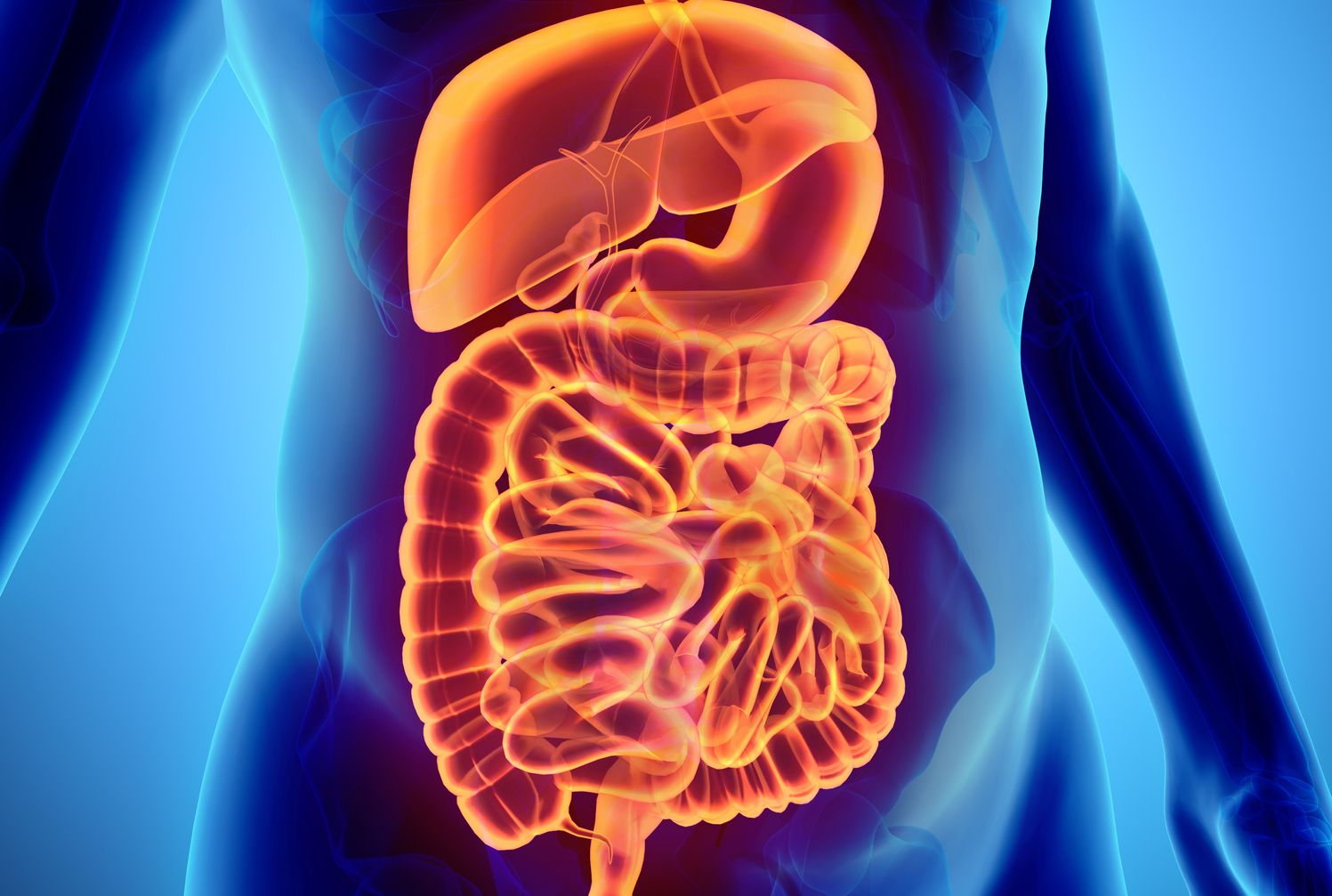Our bodies work in mysterious and complex ways. Whether digesting food or fighting off germs, they never rest!
Without a doubt, one of the most complex systems in the human body is the digestive system. It features a whole lot of main organs and works tirelessly to ensure everythings in good check.
To further understand the digestive system and all that it does, we’re here to take you through seven lesser-known facts about it.

1. It Works With The Nervous System
Did you know that the digestive system and nervous system work together to function properly? The autonomic nervous system controls something called “peristalsis”, which is the movement that occurs when the muscles in your canal wall relax and contract. This movement is a key element to proper digestion, as it helps the esophagus to push food down, ready for churning in the stomach!
2. It Has Nothing To Do With Gravity
It’s easy to believe that food moves through the digestive system due to the nature of gravity. We can confirm that this is a huge myth.
Your food doesn’t fall through your body – as mentioned in the previous fact, the muscles in your esophagus use peristalsis to guide the food through. This means that, even if you ate upside down, your food would still pass through the digestive system in the right direction!
3. It Sometimes Needs Your Help
Your body requires a whole lot of nutrients to function normally – the digestive system is no exception! From drinking plenty of water to eating the right foods, there are many things that you can do to support its normal function. You can even choose to take turmeric supplements to support it, as turmeric has shown to be beneficial for the digestive system.
4. It Involves A Six-Step Process
We weren’t joking when we said that the digestive system was complex. In fact, it involves six major steps:
- Ingestion
- Propulsion
- Mechanical breakdown
- Chemical digestion
- Absorption
- Elimination
From the moment your food gets chewed to the second it leaves your body as waste, the above steps get to work on ensuring food is digested properly.
5. It Has Layers
The digestive system has three muscle layers, which is reassuring to know, considering how important it is! The longitudinal and circular layers help to move food along while peristaltic contractions occur. Then, the third oblique layer works to churn your food in the stomach. This ensures it gets broken down properly.
6. Its Digestive Juices Are Powerful
The term “chemical digestion” can sound quite daunting. After all, we’ve long been taught that chemicals can be bad for you, so why do we have some inside our bodies?!
The digestive system actually contains a whole lot of digestive juices and chemicals. All work in their own way, once again ensuring that your food gets broken down properly. These digestive juices include:
- Saliva
- Gastric juice (turns food into chyme)
- Bile (emulsifies fats)
- Pancreatic juice (aids digestion in the small intestine)
These juices are powerful and play a very important role in the digestion process.
7. The Stomach Isn’t The “Main” Part
There’s a common misconception that the stomach plays the largest role in the digestive system, but this isn’t actually true. Although undoubtedly important, a lot of the heavy lifting is done by the small intestine.
The small intestine accounts for two thirds of the digestive tract, suggesting that it’s not actually small in the slightest! It is responsible for the absorption of nutrients and further digestion, making it incredibly important.
How many of these facts did you already know? We’d love to hear your thoughts!